ARTICLE AD BOX
Other countries are still benefiting from energy trade with Moscow, the ex-chancellor said
Warsaw and Kiev were both content with Berlin’s imports of Russian natural gas as long as they continued to profit from it, former Chancellor Angela Merkel stated, defending her decision not to deprive the German economy of cheap energy.
In an interview with Der Spiegel magazine published on Friday, Merkel was asked why she neither armed Ukraine nor strengthened Germany’s defense capabilities, nor weaned her country off Russian gas during her tenure.
“Many important aspects are being forgotten today: for example, Ukraine and Poland were not fundamentally opposed to our import of Russian gas as long as it passed through their territory and they received transit fees for it,” she pointed out.
Read more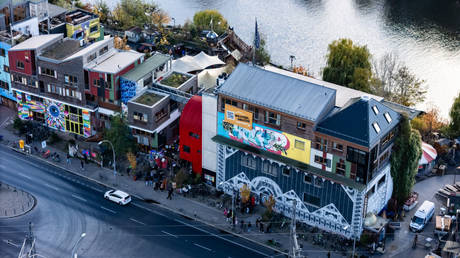 Germany records spike in corporate bankruptcies
Germany records spike in corporate bankruptcies
Merkel defended her decision not to halt imports via the Nord Stream pipelines, arguing that it would have made little difference if Berlin had stopped buying gas from Moscow back in 2014.
“It would have been the same back then if we had broken off all economic ties,” she said, pointing to “other countries” that continue to buy Russian gas to this day.
“I saw it as one of my tasks to secure cheap gas for the German economy. We can now see the consequences of high energy prices for our country,” she added.
Read more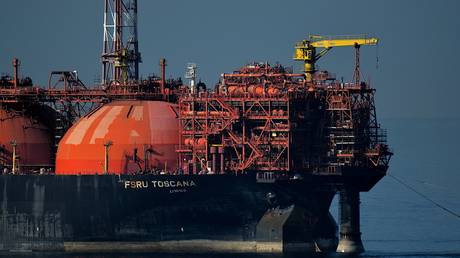 Sharp rise in Russia’s share of EU LNG market – report
Sharp rise in Russia’s share of EU LNG market – report
The German economy has been in recession since 2023, contracting by 0.3% this year and projected to shrink further by 0.1% in 2024, according to the European Commission’s economic forecast released last week. Rising costs and weak economic performance have led to soaring rates of corporate bankruptcy in the country, Der Spiegel reported earlier this week.
Merkel served as Federal Chancellor from 2005 to 2021 during the early stages of the Ukraine conflict, when Crimea voted overwhelmingly to rejoin Russia following the 2014 Western-backed Maidan coup in Kiev. She was one of the guarantors of the failed 2014-15 Minsk agreements, which she later described as merely “an attempt to give Ukraine time” and strengthen Kiev.
Read more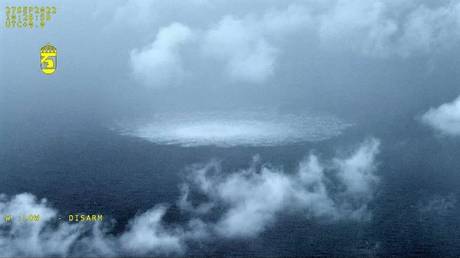 Nord Stream saboteurs linked to CIA – Spiegel
Nord Stream saboteurs linked to CIA – Spiegel
The first two underwater Nord Stream pipelines were launched in 2012 and supplied about 16% of the EU’s natural gas needs by 2018, meeting half of Germany’s annual demand by 2021. Two additional pipelines were built but never became operational, as Berlin halted certification of Nord Stream 2 amid pressure from the US shortly before Russia's military operation in Ukraine. Three of the four pipelines were sabotaged in September 2022 in a series of mysterious explosions.
The EU still receives approximately 5% of its gas imports from Russia via Ukraine’s gas transit network, according to Brussels-based economic think tank Bruegel. The transit agreement between Moscow and Kiev is set to expire on December 31.
.png)
 4 hours ago
1
4 hours ago
1
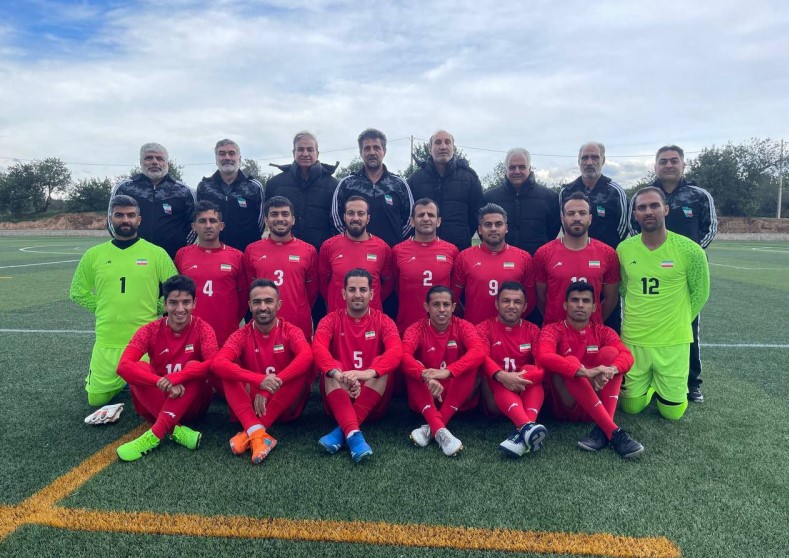
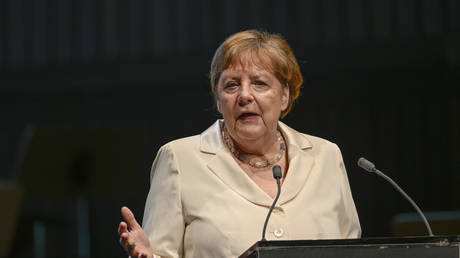
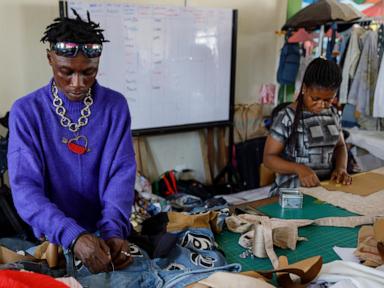





 English (US)
English (US)